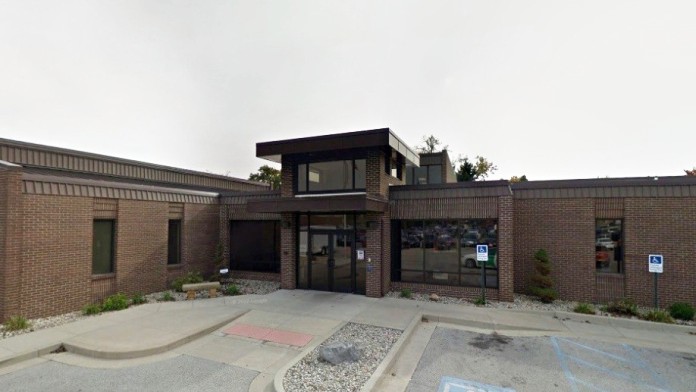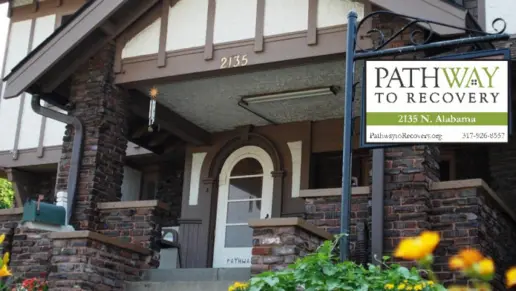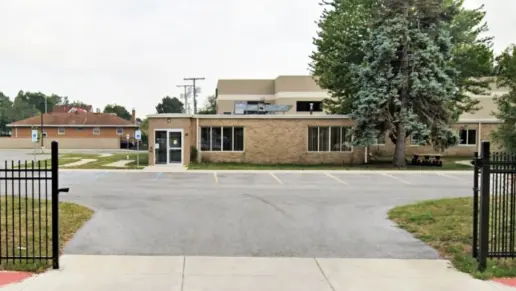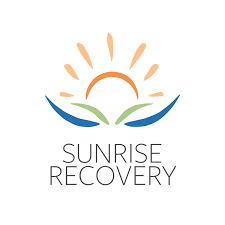The staff is the rudest on the planet! They care about money! and I'm not even sure if they know how to count it because they seem incredibly ignorant when I was there
About Bowen Center
Bowen Center located in Warsaw, Indiana, is a community mental health center that offers integrated medical and mental health care for those with alcohol and substance use disorder. Their outpatient addiction recovery programs serve teens and adults.
They offer outpatient services including medication assisted treatment (MAT), intensive outpatient treatment, individual and group therapy and family education support.
Treatment options such as medication assisted treatment have been found to significantly decrease relapse rates, help to prevent drug overdose deaths, decrease criminal activity associated with substance use disorder and reduce the risk of infectious disease transmission. MAT uses FDA-approved medications to ease withdrawal symptoms and curb cravings, stabilize brain chemistry and normalize body functions allowing for the recovery journey to begin. For some, use of MAT is a short term, others many need to remain on the medications long term to support sobriety.
Another service, offered as a part of their outpatient program, is the Life Skills coaching program. Their skills coaches work with clients both adults and children to modify behavior, adjust lifestyles and teach important skills to help achieve success and independence. This includes independent living skills, relationship building, anger management programs, coping with trauma and stress teaching, crisis management and communication skill building.
Bowen Center does deny services based on an individual’s inability to pay. They accept Medicaid, Medicare, CHIP and have a sliding scale or free program for those who qualify. Bowen Center offers programming for English and Spanish speaking clients.
Latest Reviews
Rehab Score
Gallery

Location
Other Forms of Payment
Medicaid is a state based program that helps lower-income individuals and families pay for healthcare. Medicaid covers addiction treatment so those enrolled can use their coverage to pay for rehab. When a program accepts Medicaid the client often pays very little or nothing out of their own pocket.
Private insurance refers to any kind of healthcare coverage that isn't from the state or federal government. This includes individual and family plans offered by an employer or purchased from the Insurance Marketplace. Every plan will have different requirements and out of pocket costs so be sure to get the full details before you start treatment.
Self-pay involves paying for treatment out of your own pocket. You can use savings or credit, get a personal loan, or receive help from family and friends to fund your treatment. If you don't have insurance or your insurance plan doesn't cover a specific program, self-pay can help ensure you still get the care you need.
Financial aid can take many forms. Centers may have grants or scholarships available to clients who meet eligibility requirements. Programs that receive SAMHSA grants may have financial aid available for those who need treatment as well. Grants and scholarships can help you pai for treatment without having to repay.
Medicare is a federal program that provides health insurance for those 65 and older. It also serves people under 65 with chronic and disabling health challenges. To use Medicare for addiction treatment you need to find a program that accepts Medicare and is in network with your plan. Out of pocket costs and preauthorization requirements vary, so always check with your provider.
Military members, veterans, and eligible dependents have access to specific insurance programs that help them get the care they need. TRICARE and VA insurance can help you access low cost or no cost addiction and mental health treatment. Programs that accept military insurance often have targeted treatment focused on the unique challenges military members, veterans, and their families face.
Addiction Treatments
Levels of Care
Treatments
Many of those suffering from addiction also suffer from mental or emotional illnesses like schizophrenia, bipolar disorder, depression, or anxiety disorders. Rehab and other substance abuse facilities treating those with a dual diagnosis or co-occurring disorder administer psychiatric treatment to address the person's mental health issue in addition to drug and alcohol rehabilitation.
Mental health rehabs focus on helping individuals recover from mental illnesses like bipolar disorder, clinical depression, anxiety disorders, schizophrenia, and more. Mental health professionals at these facilities are trained to understand and treat mental health issues, both in individual and group settings.
Programs



Clinical Services
Group therapy is any therapeutic work that happens in a group (not one-on-one). There are a number of different group therapy modalities, including support groups, experiential therapy, psycho-education, and more. Group therapy involves treatment as well as processing interaction between group members.
In individual therapy, a patient meets one-on-one with a trained psychologist or counselor. Therapy is a pivotal part of effective substance abuse treatment, as it often covers root causes of addiction, including challenges faced by the patient in their social, family, and work/school life.
Research clearly demonstrates that recovery is far more successful and sustainable when loved ones like family members participate in rehab and substance abuse treatment. Genetic factors may be at play when it comes to drug and alcohol addiction, as well as mental health issues. Family dynamics often play a critical role in addiction triggers, and if properly educated, family members can be a strong source of support when it comes to rehabilitation.
Life skills include cognitive skills, interpersonal skills, and personal skills that help you manage daily living. Cultivating these skills during rehab in Indiana is an important part of recovery. With these skills, you'll be able to navigate challenges and prevent relapse.
Contact Information
850 North Harrison Street
Warsaw, IN 46580


